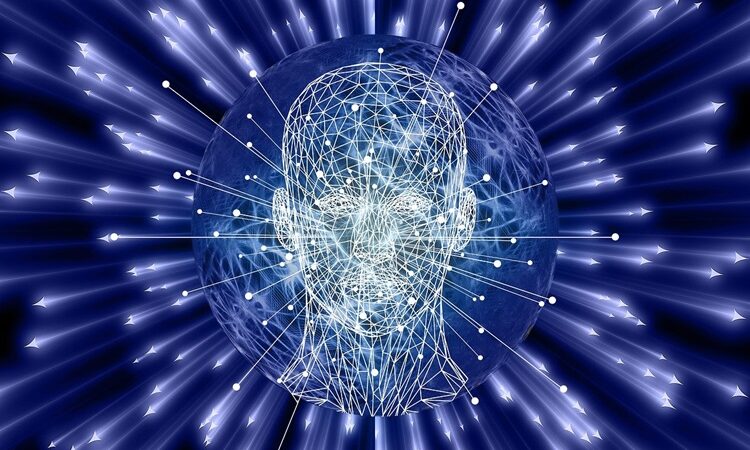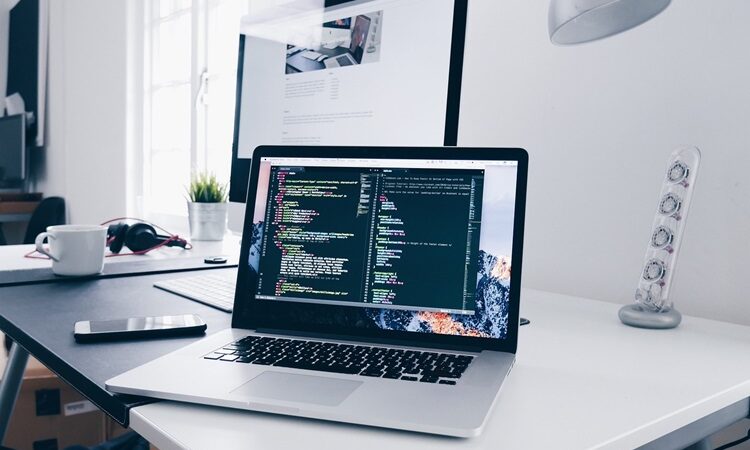Everything You Need to Know About Biometric Face Scans

With technological advancements, there is a continuous emergence of new and innovative methods to authenticate identity. One such method is biometric face scans, which use facial recognition technology to confirm an individual’s identity. While this technology is becoming more common, there are still questions surrounding its benefits, drawbacks, and potential use cases. This article will provide a comprehensive overview of biometric face scans, covering everything you need to know about this technology.
What is a Biometric Face Scan?
A biometric face scan, also known as face recognition or face authentication, is a technology that analyses facial features to confirm an individual’s identity. It uses a combination of software and hardware to capture an image of a person’s face and compare it to an existing database of images. If the image matches an existing record, the person’s identity is confirmed.
Benefits of Biometric Face Scans
Biometric face scans offer several benefits over traditional methods of identity verification. One major advantage of biometric face scans is their speed and efficiency, which can be especially beneficial in time-sensitive situations like border crossings or security checks. Additionally, biometric face scans are highly secure and difficult to forge, offering a further layer of protection. Unlike traditional ID documents, which can be counterfeited, a person’s face is unique and cannot be replicated. Because biometric face scans are uniquely tied to an individual’s physical features, they are a highly secure form of identification that is difficult to forge or manipulate. This makes it a more reliable method for preventing identity fraud than traditional forms of identification.
Drawbacks of Biometric Face Scans
Despite their benefits, biometric face scans also come with several drawbacks. One of the main concerns is privacy. Critics argue that the technology could be used to track individuals without their knowledge or consent, or that it could be misused by law enforcement or other government agencies. One potential concern with biometric face scans is the possibility of bias or discrimination against certain groups, such as individuals with darker skin tones or facial hair. To ensure fair and equitable use of technology, it is essential to address and consider these issues.
Another concern is the accuracy of biometric face scans. While the technology has improved significantly in recent years, studies have shown that it can sometimes produce false positives, leading to innocent people being mistakenly identified as criminals. This is particularly concerning in situations where the consequences of a false positive are high, such as in law enforcement or border security.
Solutions to the Concerns Surrounding Biometric Face Scans
To address the concerns surrounding biometric face scans, there have been calls for strict regulations and oversight.To address these concerns, some countries have enacted laws that mandate companies to obtain explicit consent from individuals before collecting and using their biometric data, while others have called for greater transparency and accountability in the use of this technology. Ongoing investment in research and development can also lead to improvements in the accuracy and fairness of biometric face scanning technology. This could help to improve the accuracy and reliability of biometric face verification, as well as addressing concerns about privacy and discrimination. It could also help to identify new applications for the technology that could benefit society while minimising the potential risks.
Current Use Cases for Biometric Face Scans
Biometric face scans are currently being used in a variety of applications. One of the most common is in airport security, where they are used to confirm the identity of travellers and speed up the security process. They are also being used in banking and financial services to verify customer identities during online transactions.
Another use case for biometric face scans is in law enforcement. Some police departments are using the technology to identify suspects in criminal investigations. However, this has been met with some controversy, as critics argue that the technology is not accurate enough to be used in such a high-stakes context.
Final Thoughts
Biometric face scans are becoming more common for identity verification, but they are not without their drawbacks. While they offer benefits in terms of speed and efficiency, there are concerns about privacy and accuracy. As the technology continues to evolve, it will be important to weigh the benefits and drawbacks carefully before implementing biometric face scans in any given context.






